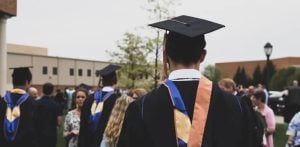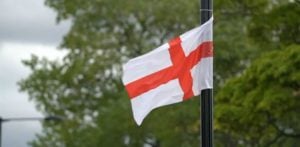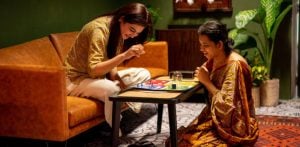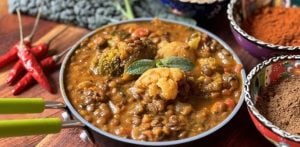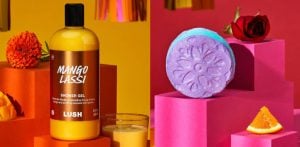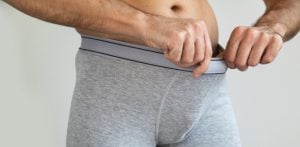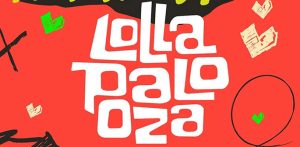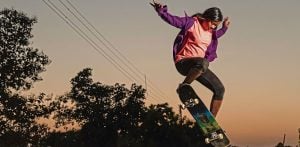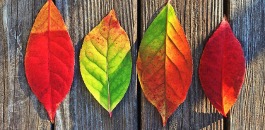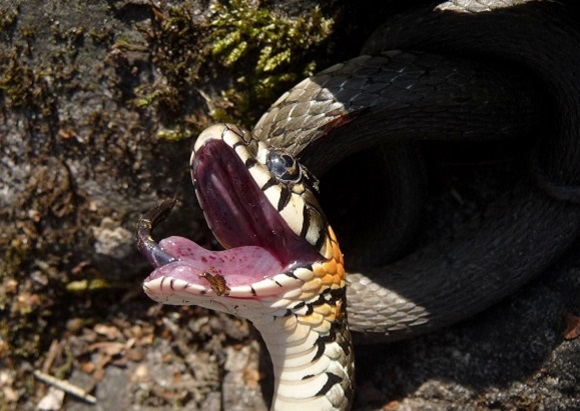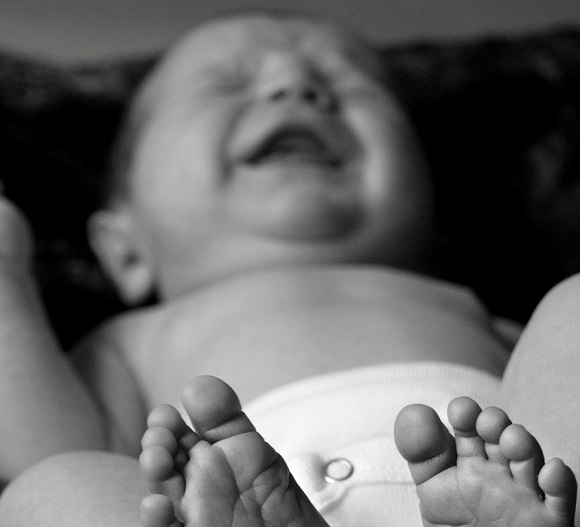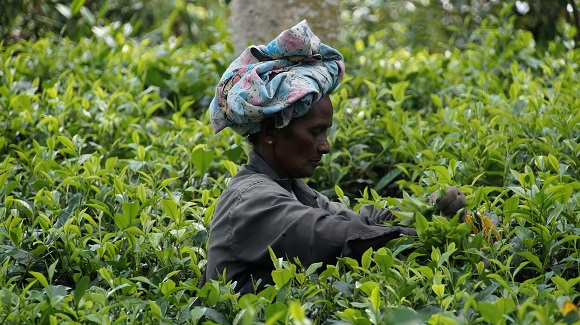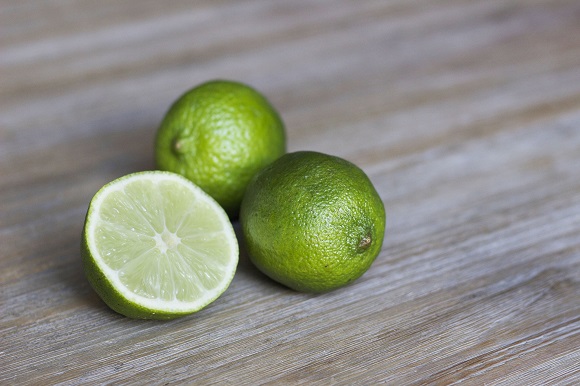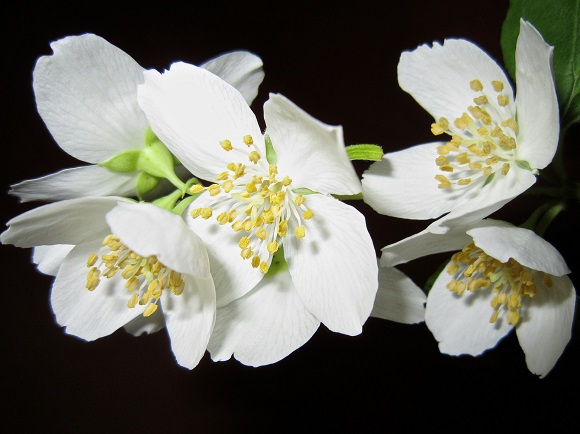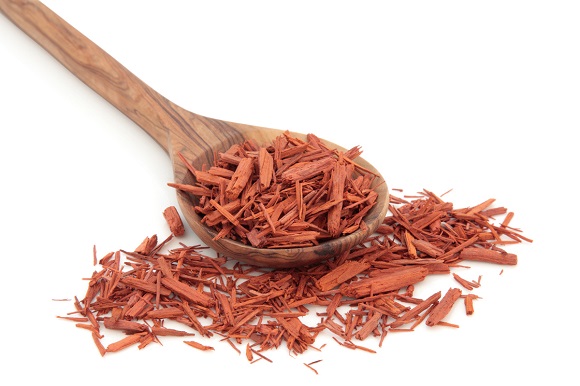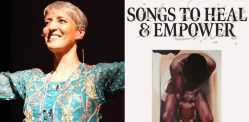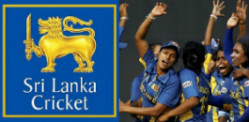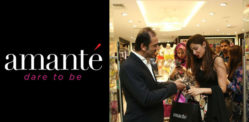Kem practices vary from simple acts to detailed affairs of length.
The ancient Sri Lankan healing tradition, known as Kem, is acknowledged as one of the oldest medicinal practices in the world.
In various institutions, ancient Sri Lankan therapeutic practices or ‘Desiya Chiktsa’ involved holistic treatments, herbal treatment and rituals as well as acts of Kem.
With the establishment of Western/English medicine after the British occupation of Sri Lanka, most of these were disregarded, if not abandoned.
What are Kem practices?
Kem practices are specific exercises, used in healing diseases and solving problems.
The term ‘Kem’ is said to be derived from the Sanskrit word ‘Keshema’, which denotes to relief from difficulty.
Kem practices vary from simple every day acts to complex and detailed affairs of length.
They are not only used to cure illnesses, but also used in farming, agriculture and pest control.
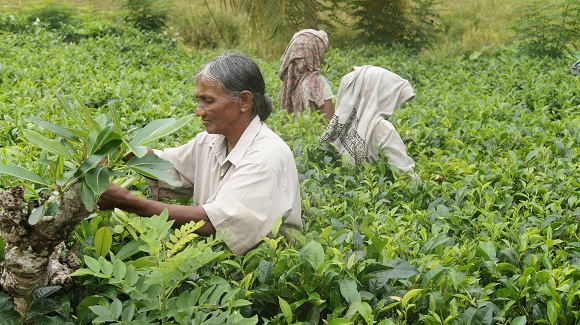
Most of the time, they have no conventional or logical explanations. But miraculously, they seem to bring some kind of relief to the sufferer.
When carefully scrutinised, many of these customs seem to have a scientific reasoning behind.
Here are some popular and simple ‘Kem’ remedies, some of which are still prevalent in small communities in Sri Lanka today.
1. For Pregnancy
The ash of an Arjuna tree was traditionally dispensed to pregnant women in ancient Sri Lanka. It is believed that this will strengthen her child.
This ash contains large amounts of calcium which is beneficial to the mother.
2. For Snake Bites
Back then, it was common to be bitten by insects, ants and snakes especially if you were living in one of the tropical countries.
There are numerous ‘Kem’ remedies for a snake bite. One popular practice is to remove clothing immediately, and wear it inside out for instant relief.
3. For Crying Babies
To calm a crying baby, especially if she is crying from the departure of her father, the unwashed shirt of the father is used as a blanket to cover the baby.
It is expected that it will immediately soothe the baby, and stop the crying.
4. For Neck Sprain
If an individual has a sprain or a twist in the neck, their pillow is taken outside and made to dry in the sun for a few hours.
This should be done by the affected person and the sprain is supposed to be cured by the evening.
Another Kem ritual is getting the neck stomped on by an identical twin.
5. For Nausea/Vomiting
Some people feel nauseous when travelling long distances. This is usually cured by squeezing a full lime or lemon in the hand.
Another practice is crushing and smelling betel leaves, or apply limestone paste to the neck to stop vomiting.
6. For Headaches
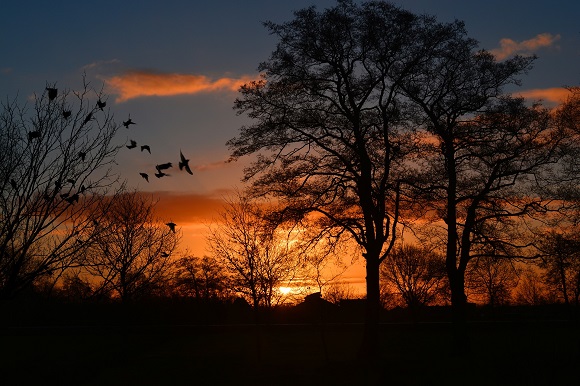
There are lots of ‘Kem’ remedies for headaches.
Waking up at sunrise and seeing the sun from the corner of the right eye is a strong Kem method, which is said to eradicate any kind of headache.
7. For Eye Problems
Eye irritation, swollen eyes and tired eyes are common problems. The ‘Kem’ remedy is to soak a few jasmine flowers overnight and wash the eyes with the fragrant water early in the morning.
8. For Hiccups
Hiccups usually occur after consuming a large meal or from a sudden excitement.
The Kem treatment for it is to drink 7 gulps of water without stopping for breath.
9. For Dog Bites
Dog bites are commonplace incidents in South Asian countries. The Kem remedy is to smear sandalwood paste immediately on the wound to halt the rabies.
Although most of these practices are now obsolete, some rural village inhabitants in Sri Lanka faithfully follow Kem methods before seeking medical help.
Sri Lanka is not short of fascinating traditional beliefs, and it is only through understanding its ancient practices can we appreciate the island nation to its fullest.







